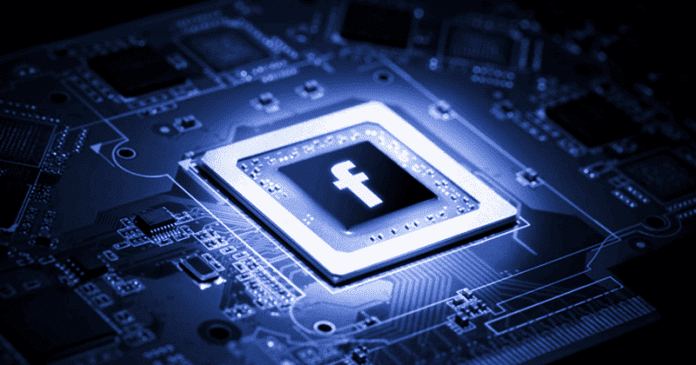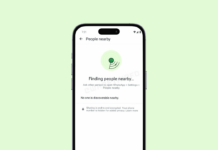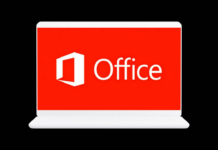According to the latest reports, the social network giant Facebook will develop its own chips sooner or later. At least that’s what the latest move suggests, as the social network giant Facebook hired a head of chip development from Google.
Facebook Hires A Head Of Chip Development From Google
The social network giant Facebook will develop its own chips sooner or later. At least that’s what the latest move suggests: this month the company hired Shahriar Rabii to be vice president of its semiconductor division. We are talking about the engineer who led the development of chips inside the tech giant Google, including Visual Core, designed to handle image processing in the Pixel 2 line.
It is understandable that giants like Apple, Google, and Samsung work on proprietary chips to differentiate their devices or want to less dependent on companies like Qualcomm and Intel. But the interest of Facebook is strange: in which, exactly, does the company want to employ a chip of its own?
Probably the goal is not to develop one chip, but several, each for a specific purpose. It starts with information processing in-house. Facebook has more than 2 billion users and therefore generates monstrous amounts of data every day. Own chips can make the company’s data centers more streamlined in processing this information.
It may sound like a utopian plan, but the social network giant Facebook currently uses third-party chip-based rendering structures, including Nvidia’s GPUs. With its own technology, the company can develop hardware for very specific tasks, such as training artificial intelligence algorithms. The tech giant Google already does something similar to the Tensor Processing Unit (TPU), a circuit designed specifically for machine learning.
But Facebook has also been working with consumer hardware, it’s worth remembering. Divisions like Building 8 are developing devices for a relatively near future. A smart speaker would be among them.
In turn, the Oculus division already provides equipment for virtual reality. This is where we find an example device that can benefit from a Facebook chip: the Oculus Go, a wireless headset based on Qualcomm’s Snapdragon 821 processor.
Note that the Oculus Go uses a chip originally intended for smartphones. Future versions of the headset may have more performance or optimized power consumption, for example, if you have a processor specifically developed for virtual reality.
Also read: MIUI 10 Global Beta 8.7.12 Now Available For These 21 Xiaomi Devices
As the social network giant Facebook does not talk about it, there is no information on which projects Shahriar Rabii will initially lead. But as the company lags behind rivals such as Amazon, Google, and Apple in the smart device segment, the engineer is expected to treat this area with more priority.
However, the tech giant Google did not comment on Shahriar Rabii’s departure yet.
So, what do you think about this? Simply share all your views and thoughts in the comment section below.



